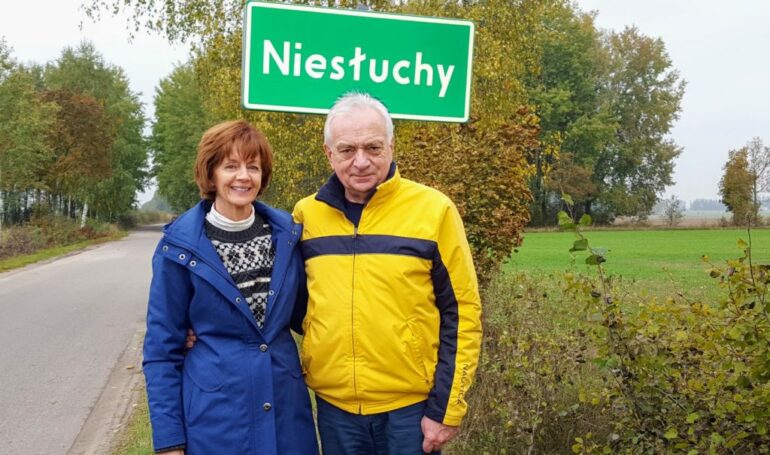
Learning from the past and about finding out my roots
History gives us a sense of proportion: it’s an antidote to a lot of unfortunately human trends like self-importance and self-pity.
David McCullough
Historian and Pulitzer prize winner.
But first, one has to know his history.
Here is a typical story I hear so often.
We meet and after the initial conversation, and the person sensing that I was not born here, he or she asks: where are you from?
“I was born in Poland.”
“Oh, it’s a beautiful country.” It doesn’t mean, the given individual was ever in my neck of the woods.
“And has a stormy history.” That’s better.
“For hundreds of years, you were squeezed between Russia and Germany.” Excellent, I think. Now we are talking.
After a few minutes, my interlocutor brings up his heritage and tells how exciting it is to belong somewhere. For me, it comes with age, since most of the young people believe, that world history started on the day they were born.
“Have you ever been to the place your parents came from?”
“No, I hadn’t, unfortunately. Always wanted to, though.” He gets an “A” for effort.
“Why”
“By the time I realized my heritage, my father was gone, and my mother was too sick to go with me. And not knowing the language made all the things more difficult.”
“Did you speak with them about their childhoods?”
“No, I didn’t. They didn’t want to talk, and I didn’t know what questions to ask. And now is too late.” his head drops.
I took all my family to Poland (and Europe for that matter), to let them have a glimpse of where we came from. They’ve met my friends, saw my schools, visited the village, where my father was born and which still bears our family name. But there is much more than that. Both of my parents lived through, and survived, the nightmare of WW2. My father never talked much about the atrocities he and his friends went through. But my mother did. And I asked questions, and read, and read. And now we are at the point where my children are proud of our family past.
On the left it’s a picture of- my parents, probably even they were married. On the right – my mother, 20, my grandmother, 38, and, deep in the carriage, the author, less than six months old. I hope you can appreciate how well did they all look in the middle of a carnage of war. The ruins give a glimpse of the ruthlessness of war, but the Kolumna Zygmunta is still upright, as a symbol of the strengths of the Polish people.
In the next post, I will describe how did I get to the roots of my family.
So there is another reason why I started to write.
There are stories to tell.
Here is the link to McCullough’s article: History lessons.
And here are the links to my stories:
And the most recent one, The Infectious Disease Hospital, will be available on Kindle in a couple of days, or so.
And here it is, just arrived.

Leave a Reply